Hair dandruff is a common scalp condition that affects many individuals. It is characterized by the presence of white flakes on the scalp and often leads to itchiness and irritation. While there are several over-the-counter treatments available, many people prefer using natural remedies to tackle this issue. In this article, we will explore some effective home remedies for hair dandruff that can help you achieve a healthier scalp.
- Apple Cider Vinegar:
Apple cider vinegar is a popular home remedy for dandruff due to its acidic properties. To use it, mix equal parts of apple cider vinegar and water and apply the solution to your scalp using a cotton ball. Leave it on for 15-20 minutes before rinsing it off with water. The acidity of the vinegar helps balance the pH of your scalp, reducing dandruff.
- Tea Tree Oil:
Tea tree oil is well-known for its antifungal properties, making it an effective remedy for dandruff caused by fungal overgrowth. Add a few drops of tea tree oil to your regular shampoo and use it to wash your hair. Massage it into your scalp, leave it on for a few minutes, and then rinse thoroughly. Regular use of tea tree oil can help control the fungus responsible for dandruff.
- Aloe Vera:
Aloe vera gel has soothing and moisturizing properties that can alleviate scalp irritation and reduce dandruff. Extract fresh aloe vera gel from the plant and apply it directly to your scalp. Leave it on for 30 minutes before rinsing it off. Aloe vera not only helps in dandruff control but also promotes healthy hair growth.
- Coconut Oil:
Coconut oil is a widely used natural remedy for various hair and scalp conditions, including dandruff. Warm some coconut oil and massage it into your scalp. Leave it on overnight or for a few hours before washing your hair. Coconut oil nourishes the scalp, reduces dryness, and prevents dandruff formation.
- Lemon Juice:
The acidic nature of lemon juice helps maintain the pH balance of the scalp and control dandruff. Squeeze fresh lemon juice and massage it onto your scalp. Leave it on for 5-10 minutes and then rinse thoroughly. Lemon juice can also provide a refreshing scent to your hair.
- Baking Soda:
Baking soda acts as an exfoliant, removing dead skin cells and excess oil from the scalp, which can contribute to dandruff. Wet your hair and rub a handful of baking soda onto your scalp. Leave it on for a few minutes before rinsing it off thoroughly. However, avoid using baking soda too frequently as it can be drying for the hair.
- Neem Oil:
Neem oil has antimicrobial and antifungal properties that make it an effective remedy for dandruff. Mix a few drops of neem oil with a carrier oil like coconut oil and massage it into your scalp. Leave it on for 30 minutes before washing your hair. Regular use of neem oil can help reduce dandruff and keep your scalp healthy.
- Yogurt:
Yogurt contains probiotics and lactic acid, which help in maintaining a healthy scalp and fighting dandruff. Apply plain yogurt to your scalp and leave it on for 30 minutes before rinsing it off. The natural enzymes in yogurt help in exfoliating the scalp and reducing dandruff.
- Fenugreek Seeds:
Fenugreek seeds have anti-inflammatory and antifungal properties that can help control dandruff. Soak fenugreek seeds overnight and grind them into a paste. Apply the paste to your scalp and leave it on for 30 minutes before washing it off. Regular use of fenugreek seed paste can help soothe the scalp and reduce dandruff.
- Tea Rinse:
Herbal teas such as chamomile, green tea, or black tea can be used as a rinse to reduce dandruff. Prepare a strong cup of tea, allow it to cool, and use it as a final rinse after shampooing your hair. The antioxidants and antimicrobial properties of these teas can help alleviate dandruff symptoms.
Conclusion:
Dealing with hair dandruff can be frustrating, but with the help of these natural home remedies, you can effectively manage and reduce dandruff. Remember to be consistent and patient while using these remedies, as results may vary for each individual. If dandruff persists or worsens, it’s advisable to consult a dermatologist for further guidance.

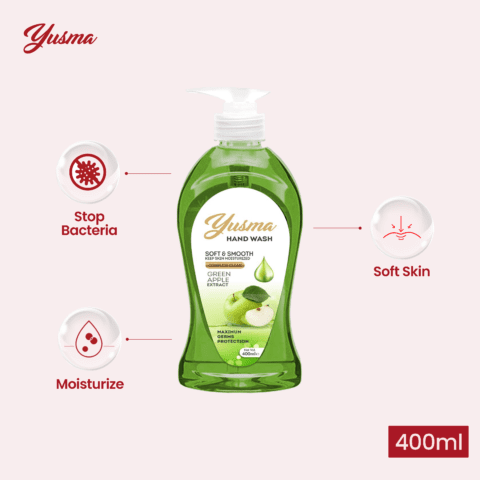
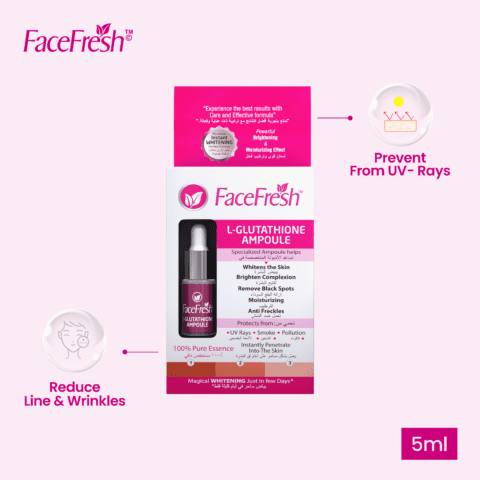
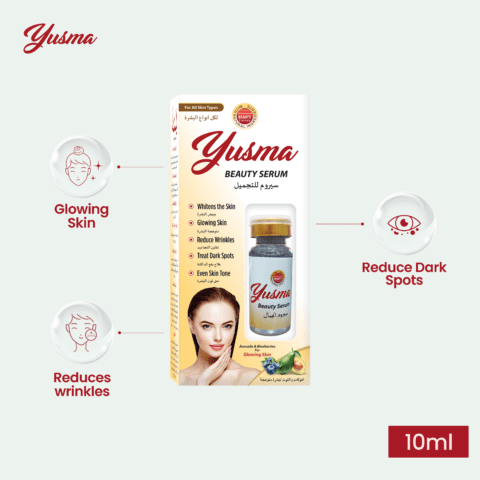
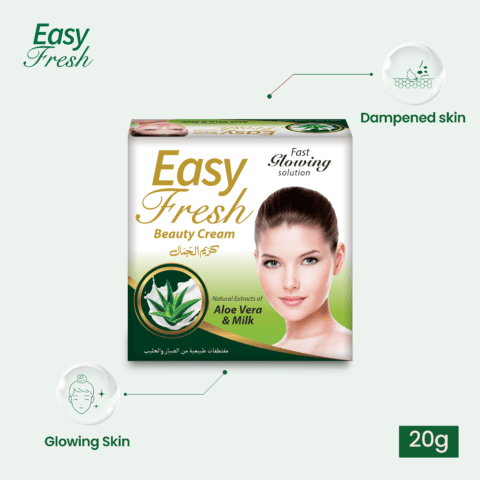
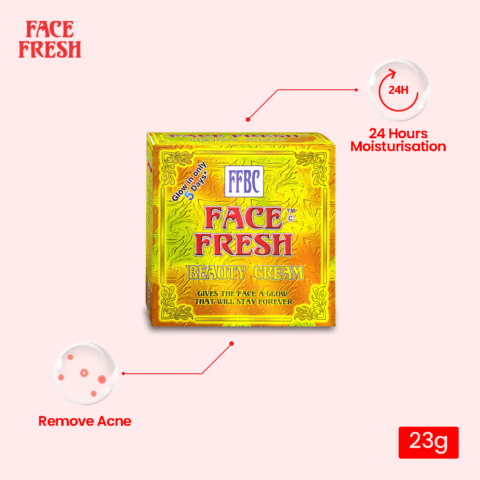

Leave a comment
Your email address will not be published. Required fields are marked *